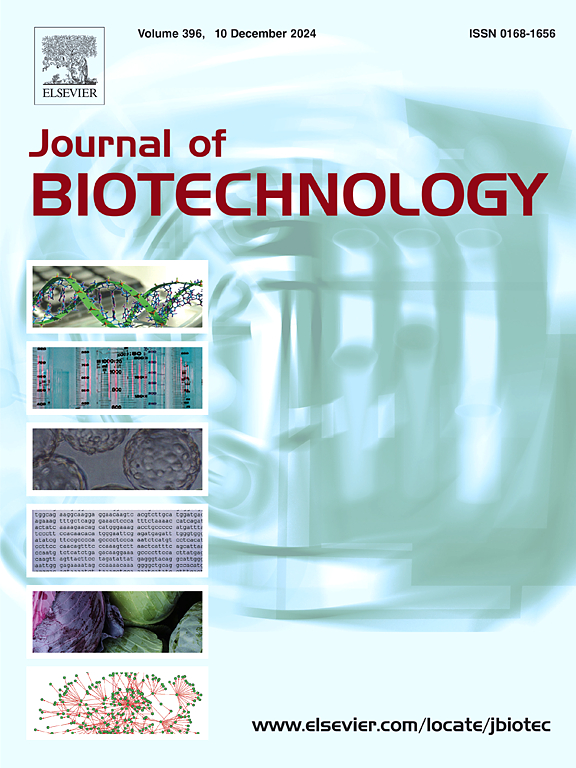Chitosan application in cosmetics and dermatology – Antimicrobial and prebiotic potential to control human microbiome
IF 3.9
2区 生物学
Q2 BIOTECHNOLOGY & APPLIED MICROBIOLOGY
引用次数: 0
Abstract
The human microbiome has become a critically important field of study, with recent advances continuously revealing new aspects of its functional roles. A deeper understanding of the complex metabolic interactions between the microbiome, therapeutic agents, and the human host is now developing. A key challenge is the development of effective novel antimicrobial compounds, particularly those targeting biofilm-related infections implicated in a wide range of chronic diseases, to better control the human microbiota and treat typical skin diseases. Chitosan, a polysaccharide derived from various natural sources, possesses a unique set of biological properties, making it a promising base for numerous cosmetic and medicinal products aimed at managing dermatological diseases and modulating the microbiome. By altering its characteristics, chitosan's properties can be tuned to produce biomacromolecules with optimized activity beneficial to human microbiota. This review summarizes the sources and mechanisms underlying chitosan's antimicrobial activity, its immunomodulatory and anti-pathogenic effects, and critically evaluates its dual potential as both an antimicrobial and a prebiotic agent. Special emphasis is placed on chitosan-based formulations for treating skin diseases and promoting microbiome health – an emerging and promising area of research.
壳聚糖在化妆品和皮肤病学中的应用-抗菌和益生元控制人体微生物群的潜力。
人类微生物组已成为一个至关重要的研究领域,近年来的进展不断揭示其功能作用的新方面。对微生物组、治疗剂和人类宿主之间复杂的代谢相互作用的更深入了解正在发展中。一个关键的挑战是开发有效的新型抗菌化合物,特别是那些针对涉及广泛慢性疾病的生物膜相关感染的化合物,以更好地控制人类微生物群并治疗典型的皮肤病。壳聚糖是一种从各种天然来源中提取的多糖,具有独特的生物学特性,使其成为许多化妆品和医药产品的有前途的基础,旨在治疗皮肤病和调节微生物群。通过改变其特性,壳聚糖的性质可以调整为具有优化活性的生物大分子,对人类微生物群有益。本文综述了壳聚糖抗菌活性的来源和机制、其免疫调节和抗病原作用,并对其作为抗菌和益生元的双重潜力进行了批判性评价。特别强调以壳聚糖为基础的配方,用于治疗皮肤病和促进微生物群健康——这是一个新兴的、有前途的研究领域。
本文章由计算机程序翻译,如有差异,请以英文原文为准。
求助全文
约1分钟内获得全文
求助全文
来源期刊

Journal of biotechnology
工程技术-生物工程与应用微生物
CiteScore
8.90
自引率
2.40%
发文量
190
审稿时长
45 days
期刊介绍:
The Journal of Biotechnology has an open access mirror journal, the Journal of Biotechnology: X, sharing the same aims and scope, editorial team, submission system and rigorous peer review.
The Journal provides a medium for the rapid publication of both full-length articles and short communications on novel and innovative aspects of biotechnology. The Journal will accept papers ranging from genetic or molecular biological positions to those covering biochemical, chemical or bioprocess engineering aspects as well as computer application of new software concepts, provided that in each case the material is directly relevant to biotechnological systems. Papers presenting information of a multidisciplinary nature that would not be suitable for publication in a journal devoted to a single discipline, are particularly welcome.
 求助内容:
求助内容: 应助结果提醒方式:
应助结果提醒方式:


